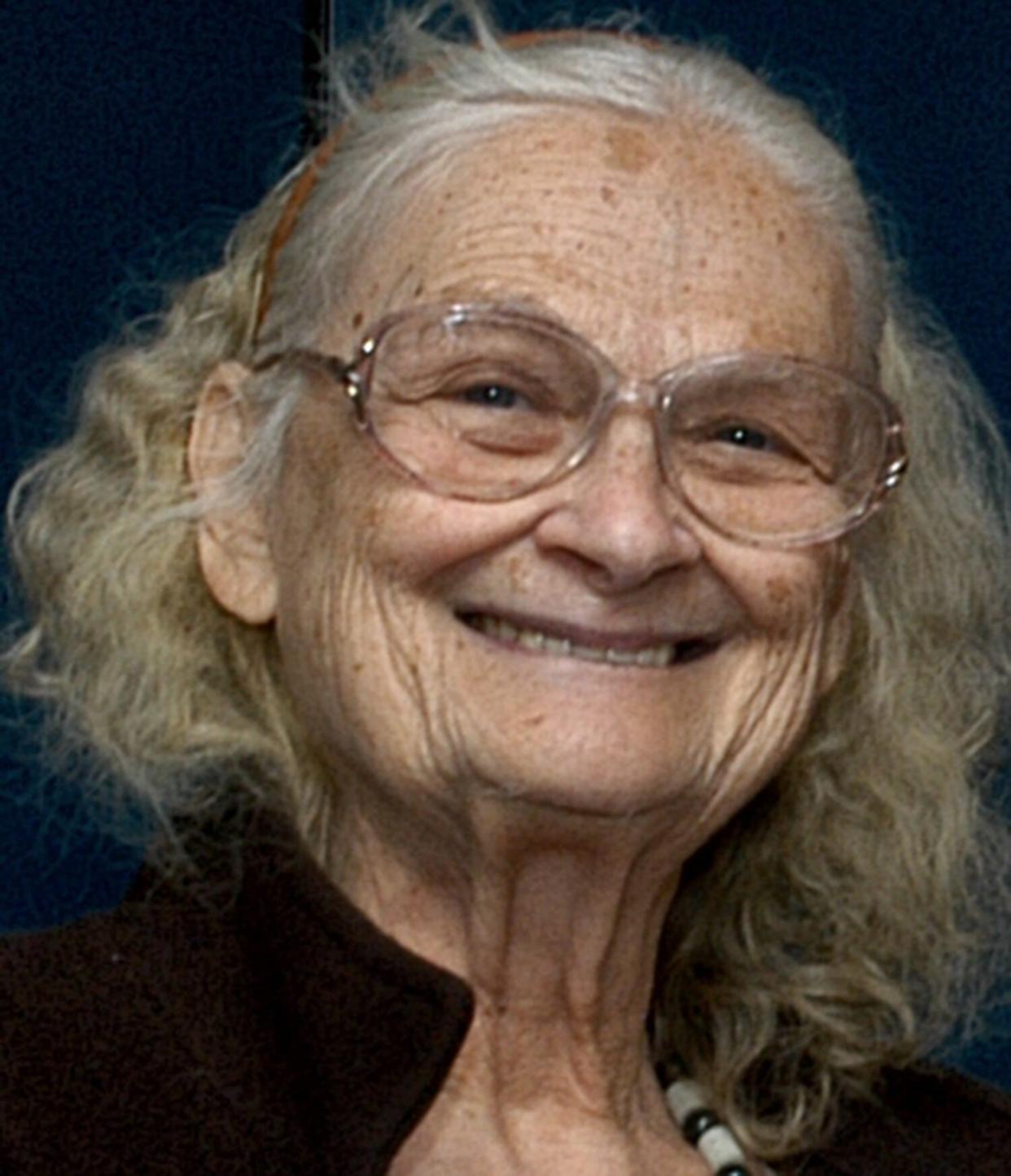Gwendolyn Midlo Hall, Historian Who Created a Database of Enslaved People, Dies at 93

- Oops!Something went wrong.Please try again later.
Gwendolyn Midlo Hall
Gwendolyn Midlo Hall, best known for creating a database of over 100,000 enslaved people who once lived in Louisiana, has died at age 93.
Hall's son Haywood said his mother died at his home in Guanajuato, Mexico, following the return of breast cancer and a stroke, according to the New York Times.
Whitney Plantation confirmed Hall's death in an Aug. 29 Facebook post celebrating the legacy their "beloved friend" left behind.
"We mourn the loss of Dr. Gwendolyn Midlo Hall," the plantation said of Hall, a "renowned historian of African culture." They later added, "Rest in power. We will miss you."
Born on June 27, 1929, Hall was the creator of the the Louisiana Slave Database, which features 107,000 entries documenting individuals enslaved in the state between 1719 and 1820, according to Whitney Plantation.
Hall identified these individuals via plantation lists, criminal cases and documents such as wills, marriage contracts, leases, death reports and more, per the plantation.
"The database has helped thousands of African Americans find ancestors, connect families, and trace cultural roots," they said.
Hall taught at both the University of New Orleans and Rutgers University, per Whitney Plantation. However, her impact on the realms of colonial and African American history came after her retirement.
After retiring from Rutgers in 1993, Hall used her time to build the searchable computer database, according to the Times. She spent seven years on the project.
Never miss a story — sign up for PEOPLE's free weekly newsletter to get the biggest news of the week delivered to your inbox every Friday.
"I'm hoping this database will help smooth the path for others to make Africans concrete as human beings,'' she told the Times in 2000 after publishing her Databases for the Study of Afro-Louisiana History and Genealogy.
"Someday, people will be asking this database questions that I can't even imagine right now," she added.
Hall was also known for her writing, and mostly authored books about African-American and Afro-Creole culture.
RELATED: Johns Hopkins University Reveals Founder, Once Thought to Be an Abolitionist, Enslaved People
One of her biggest works was Africans in Colonial Louisiana, which tackles "the development of Afro-Creole culture" in the region during the 18th century. The award-winning book "is considered the seminal book of Afro-Creole history," per the plantation. Tulane University history professor Lawrence Powell described the book as indispensable, according to NOLA.com.
"You cannot write the history of Louisiana or the South without reference to that book and the trails she blazed," Powell said, per the outlet. "It shows how [slaves] coexisted and created a culture across language barriers. It's a story of displaced people under pretty grueling conditions and how essential they were to the creation of New Orleans."
Whitney Plantation also highlighted the importance of Hall's works in its tribute to the late historian on Facebook.
"We are eternally grateful for Gwendolyn Midlo Hall's contributions to African American history and for her loving support of Whitney Plantation," the plantation said.

